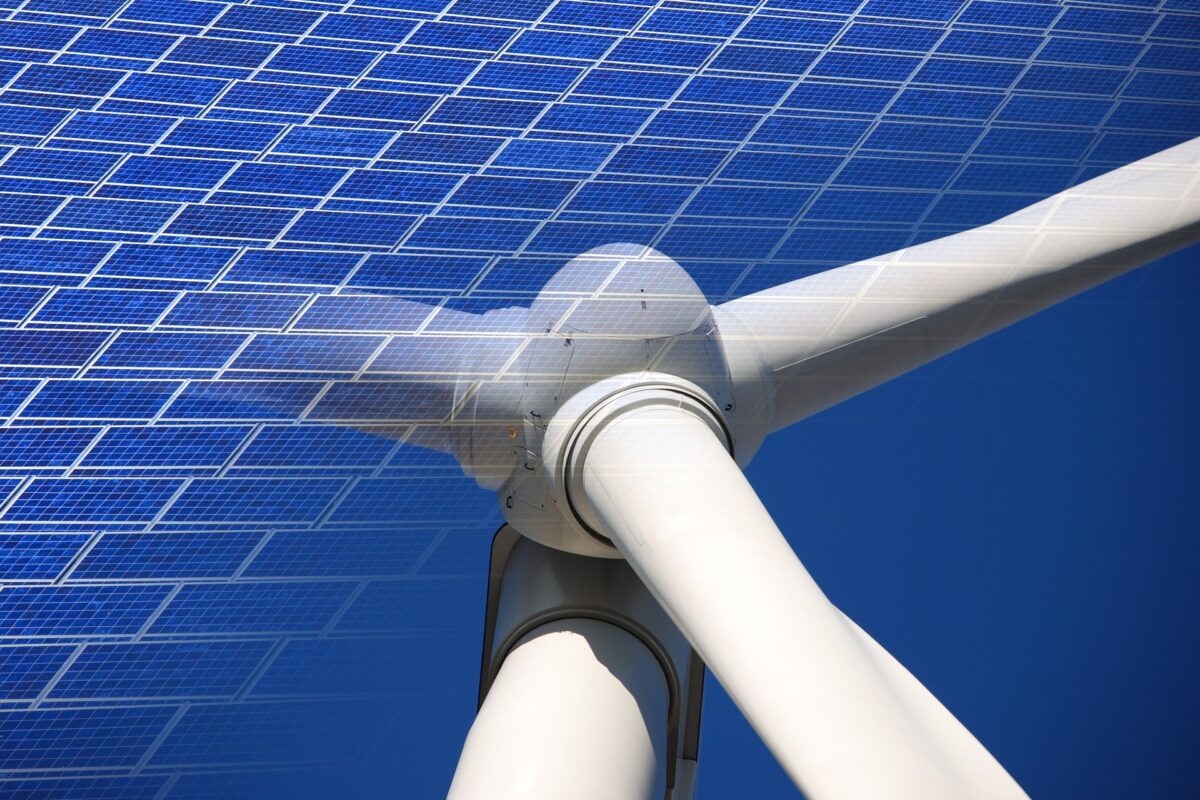The Solar Energy Industries Association (SEIA), flanked by allies on both sides of the political spectrum, argued before the U.S. International Trade Commission (USITC) that it should reject the petition by Suniva/SolarWorld that asked the United States to impose tariffs and other remedies on module manufacturers around the world.
In its opening statement SEIA’s lawyers argued the case should never have been brought in the first place.
“The two petitioners seek a public remedy for their own, private failings,” the lawyer said. “If successful, they will undermine the hard work and innovation that is making solar a viable alternative to conventional energy sources.”
But it wasn’t only SEIA arguing against the petition. Amy Grace, head of North America research for Bloomberg New Energy Finance (BNEF), focused on the effects of solar pricing on utility-scale solar, which represents 60% of U.S. solar generation. Grace said an increase in price would significantly lower the number of solar contracts signed, meaning they would turn to other sources of electricity.
“This is not hypothetical,” Grace said. “New contracting activity for utility-scale solar projects has essentially ground to a halt since June. Developers cannot reasonably guarantee competitive contract terms with their counterparties when they don’t know how much they will have to pay for modules – the most expensive line-item of a project’s cost.”
In addition, SEIA convinced state officials to argue against the petition, including Lauren “Bubba” McDonald, Jr., a Public Service Commission member from Georgia.
“The expansion of the solar market benefits the entire U.S. solar industry, including producers of cells, modules, panels and installers, as well as many downstream industries,” McDonald said. “But more importantly the growth in solar energy benefits electricity consumers. Those benefits are immediate and lasting, because solar energy provides clean, reliable, and renewable energy at low prices.”
North Carolina Rep. Jason Saine followed and argued that his state’s rise from near the bottom of the list of solar states to the No. 2 position was a key reason why North Carolina had business invest $9 billion in the past 10 years, which has especially helped poorer counties.
“Imposing tariffs on imported modules is not the way to go about saving solar manufacturing,” Saine said. “It is about providing a government handout to two companies.”
The anti-201 forces in the solar industry have made their case. Now they await the commission’s decision as to whether or not to hand the power to set trade remedies to President Trump, which is expected on September 22.
This content is protected by copyright and may not be reused. If you want to cooperate with us and would like to reuse some of our content, please contact: editors@pv-magazine.com.








By submitting this form you agree to pv magazine using your data for the purposes of publishing your comment.
Your personal data will only be disclosed or otherwise transmitted to third parties for the purposes of spam filtering or if this is necessary for technical maintenance of the website. Any other transfer to third parties will not take place unless this is justified on the basis of applicable data protection regulations or if pv magazine is legally obliged to do so.
You may revoke this consent at any time with effect for the future, in which case your personal data will be deleted immediately. Otherwise, your data will be deleted if pv magazine has processed your request or the purpose of data storage is fulfilled.
Further information on data privacy can be found in our Data Protection Policy.